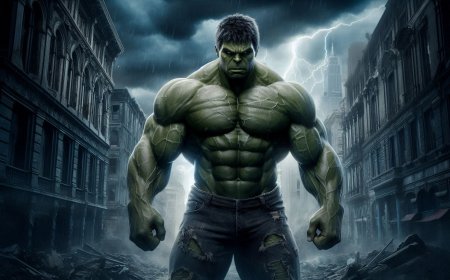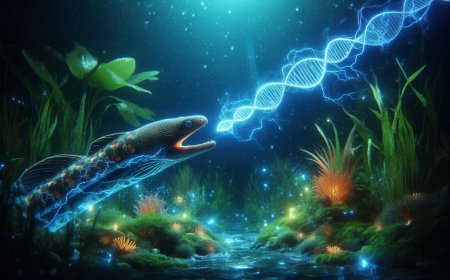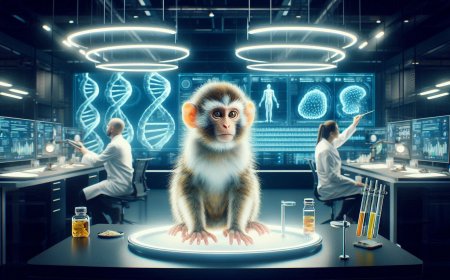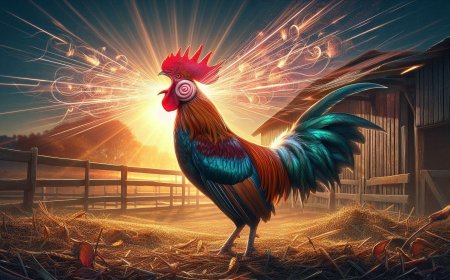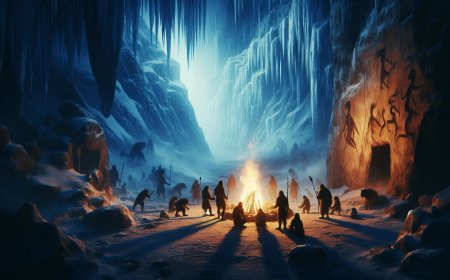The 1% That Sustains Us: Earth’s Hidden Water Crisis
Explore the hidden water crisis facing our planet, where only 1% of the Earth's freshwater is sustainable. Discover the urgent need for water conservation and the stark contrast between water scarcity and vital resources.
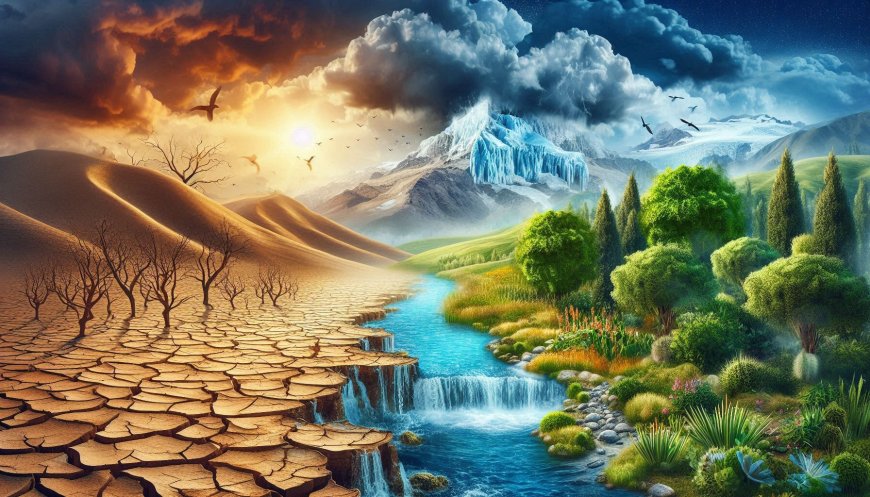
It’s astonishing to think that on a planet where 71% of the surface is covered in water, only 1% is drinkable. Yet this small fraction is what we rely on every day—to quench our thirst, grow our food, and power industries. This startling fact puts into perspective just how precious water is, and why we should be paying much closer attention to it.
A World of Water We Can’t Use
The majority of Earth's water, 97.5%, is saltwater, found in vast oceans and seas. It might seem like a limitless resource, but saltwater is far from ideal for human consumption. Desalination processes—where salt is removed from water—are expensive and energy-intensive, meaning they aren't widely accessible. That leaves just 2.5% of Earth's water as freshwater, but even that has its limits.
Most of this freshwater is locked away in glaciers, ice caps, or deep underground aquifers, making it difficult or impossible to access. This leaves us with a narrow sliver, just 1%, readily available in rivers, lakes, and shallow groundwater. It's this precious 1% that sustains 7.8 billion people, not to mention all the ecosystems and wildlife that depend on freshwater to survive.
The Vital 1%
This tiny fraction of water does more than fill our glasses. It irrigates crops, powers industries, and fuels cities. From the food we eat to the clothes we wear, water is essential at every step. The global water supply is under growing pressure as populations increase and the demand for fresh water skyrockets. Pollution from industrial waste, agriculture, and domestic use only further limits the availability of clean, usable water.
With climate change accelerating, water scarcity is becoming a grim reality for many. Rising temperatures, shifting weather patterns, and longer droughts are making freshwater sources more unpredictable, stretching that 1% even thinner. In some regions, rivers that once ran strong are now dry, and lakes that sustained communities for centuries are shrinking.
The Ripple Effect of Water Scarcity
The consequences of this scarcity ripple out far beyond just our ability to fill a glass of water. It’s a matter of global security. Agriculture, which consumes 70% of the world's freshwater, faces severe challenges in areas where water is scarce. Without water, crops fail, leading to food shortages and economic downturns. Poor water quality and access also contribute to disease, particularly in developing countries where sanitation infrastructure is limited.
In many ways, water is the foundation of society. It affects everything from health to education to economic growth. When water is scarce, entire communities suffer, and the balance between human needs and the planet’s ecosystems grows increasingly fragile.
A Call to Action: Protecting Our 1%
Managing this precious 1% requires innovation, conservation, and collective responsibility. Solutions like water recycling, improved irrigation systems, and more efficient industrial processes can help reduce the strain on our freshwater resources. Investments in infrastructure to prevent leaks, treat wastewater, and reduce pollution are also critical. On a larger scale, protecting natural water sources and combating climate change are essential steps toward preserving water for future generations.
Each of us plays a part in this mission. By being mindful of our water usage—whether it’s shortening our showers, fixing leaky faucets, or reducing food waste—we can all contribute to safeguarding this finite resource.
The reality that only 1% of Earth’s water is available for human use reminds us of the fragility of our existence and the importance of every drop. In this interconnected world, how we manage water today will shape the lives of future generations. Our survival hinges on the choices we make now—because that 1% is all we have.
What's Your Reaction?







